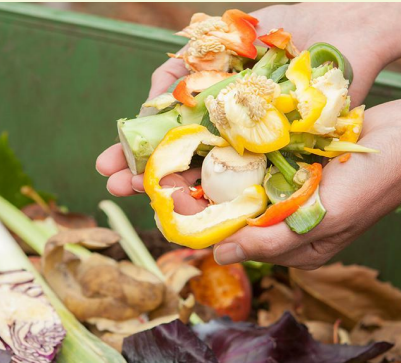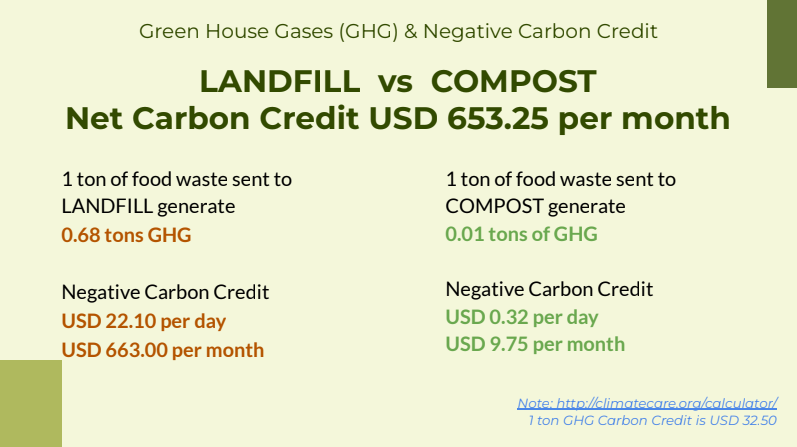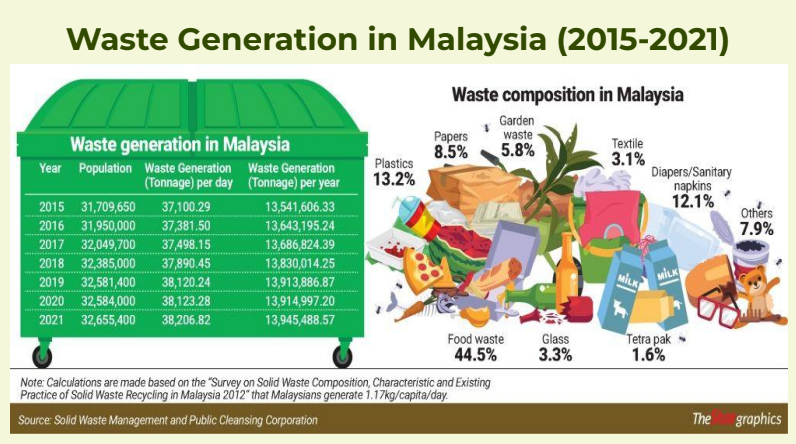FAQ on Organic Waste into Compost for Supermarket and Mall

What is composting, and why is it beneficial for supermarkets and shopping centers

Composting is a natural process that breaks down organic materials into a nutrient-rich soil conditioner known as compost. For supermarkets and shopping centers, composting offers several benefits, including reducing waste sent to landfills, minimizing greenhouse gas emissions, and producing a valuable resource for landscaping and gardening purposes.
How does composting organic waste work in a supermarket or shopping center setting
Composting organic waste in a supermarket or shopping center typically involves collecting food scraps, expired produce, and other organic materials generated on-site. These materials are then processed through a composting machine, which accelerates the decomposition process through controlled conditions such as temperature, moisture, and aeration. The resulting compost can be used to enrich soil or sold/given away to customers or community members.
What types of organic waste can be composted in a supermarket or shopping center

Common organic waste materials suitable for composting in this setting include fruit and vegetable scraps, coffee grounds, tea bags, eggshells, paper towels, and cardboard packaging. It’s essential to avoid composting meat, dairy, and oily/greasy foods, as these can attract pests and create unpleasant odors.
What is a composting machine, and how does it work
A composting machine is a device designed to facilitate and accelerate the composting process. These machines come in various sizes and designs, ranging from small-scale units suitable for indoor use to larger systems suitable for commercial operations. Composting machines typically utilize a combination of mechanical agitation, heat, and microbial activity to break down organic materials efficiently. Some advanced models may also feature automated controls for temperature, moisture levels, and turning frequency.
What are the benefits of using a composting machine for organic waste management in a supermarket or shopping center

- Reduced Waste: Composting machines enable supermarkets and shopping centers to divert organic waste from landfills, reducing their environmental footprint
- Cost Savings: By composting on-site, businesses can save money on waste disposal fees and potentially generate revenue by selling excess compost or using it to enhance landscaping
- Improved Sustainability: Implementing composting initiatives demonstrates a commitment to environmental sustainability, which can enhance a business’s reputation and appeal to environmentally conscious consumers
- Educational Opportunities: Composting programs provide opportunities for educational outreach and engagement with customers and employees, fostering awareness and understanding of sustainable waste management practices
Are there any challenges or considerations to be aware of when implementing a composting program in a supermarket or shopping center
- Odor Control: Proper management of composting systems is essential to prevent foul odors, especially in indoor settings. Regular maintenance, proper aeration, and balancing of composting materials can help mitigate odor issues
- Space Requirements: Composting machines, even smaller-scale models, require space for installation and operation. Businesses should consider available space and zoning regulations when planning composting initiatives
- Regulatory Compliance: Depending on the location, there may be regulations or permits required for composting operations, particularly for larger-scale facilities. It’s essential to research and comply with relevant laws and regulations
- Employee Training: Staff members responsible for managing composting systems may require training on proper procedures, safety protocols, and maintenance tasks
How can supermarkets and shopping centers get started with composting?
- Assess Feasibility: Determine the feasibility of composting based on factors such as available space, waste volume, budget, and regulatory considerations
- Select Composting Equipment: Choose a composting machine suitable for the scale of operations and space available. Consider factors such as capacity, automation features, and compatibility with the types of organic waste generated
- Develop a Plan: Create a comprehensive plan for implementing and managing the composting program, including protocols for waste collection, composting operations, maintenance, and outreach
- Educate Stakeholders: Provide training and educational resources for employees, customers, and other stakeholders to promote understanding and participation in composting initiatives
- Monitor and Evaluate: Regularly monitor composting operations, assess performance, and make adjustments as needed to optimize efficiency and effectiveness.
Implementing a composting program in a supermarket or shopping center requires careful planning, but the environmental and economic benefits make it a worthwhile endeavor. By diverting organic waste from landfills and producing valuable compost, businesses can contribute to a more sustainable future while enhancing their own operations and reputation.


